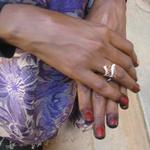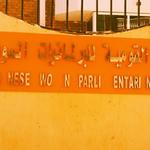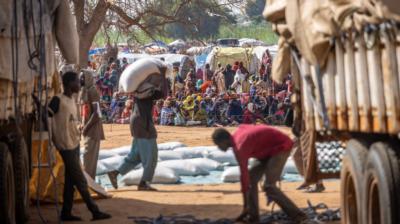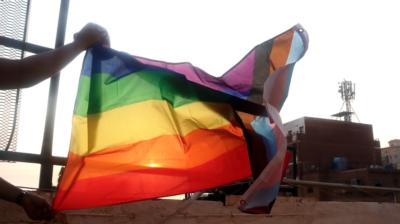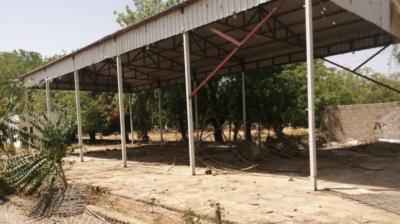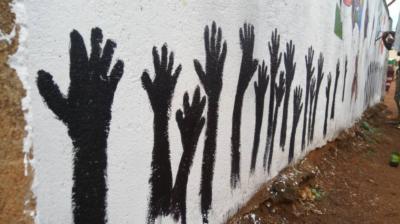Family Law Reform in Sudan
The paper focuses on family law reform reform and Sudanese women’s strategies for change in a country which has been in a state of perpetual conflict that stretches back long before its independence in 1956. The signing of the Comprehensive Peace Agreement (CPA) in 2005 between the ruling Islamist National Congress Party (NCP) and the Sudan People’s Liberation Movement (SPLM), ended Africa’s longest running civil war. In the wake of the CPA, women have particularly been preoccupied with debating Muslim family law reform. Although the peace agreement was largely gender-blind, the interim national constitution of 2005 included clauses on gender equality and affirmative action (Itto 2006). Article 32 on the rights of women and children provides that “the State shall guarantee equal right of men and women to the enjoyment of all civil, political, social, cultural and economic rights, including the right to equal pay for equal work and other related benefits.” This sparked processes of harmonization of Sudanese laws to the constitution. Many women have demanded law reform on a range of women’s rights issues like criminalization of Female Genital Mutilation (FGM), introduction of a women’s quota to Sudan’s legislative assemblies, reforming the criminal law’s definition of rape and family law.
The debate on family law reform was heightened with the successful mobilization for a 25% women's quota in Sudan's legislative assemblies. The Muslim family law was codified in 1991 and it has emerged as a highly contested piece of legislation in post-CPA Sudan. It regulates women's rights within marriage, custody, divorce and inheritance. The Islamist regime, which has been in power since a coup d’état in 1989, took away important women’s rights in the 1991 law. According to the law, a judge can affirm a marriage for a minor of 10 amending prior legal marriage age of 18. Further, a woman needs a male guardian (wali) to validate the marriage. This follows the practice of Maliki school of law, and it thereby revoked a judicial circular from 1960 based on the legal preference of the Hanafi law school, according to which a woman can contract marriage herself without a male guardian.
The paper looks at opportunities and constraints for adapting family law reform in post- CPA Sudan. It explores the strategic choices and frames used by women in pursuing legal feminist action within the realm of family law reform. How do women activists maneuver in an authoritarian and Islamist state, looking particularly at how they respond strategically to the political opening offered by the peace agreement in 2005?
In post-CPA Sudan there have been two parallel initiatives for family law reform, one within the government emphasizing gender equity and one within civil society advocating principles of gender equality. The article argues that there is little communication between the two initiatives and the struggle for law reform is best described by polarization rather than cooperation between women in government and women in civil society. Although both groups agree on setting the minimum age of marriage to 18, they have thus far not mobilized together to end child marriages in Sudan. Further, the article claims that the current political environment is not conducive for a Muslim Family Law reform, even those from within the government itself. After the secession of South Sudan in July 2011, the political space provided by the CPA for women’s mobilization has been closed. The president who is facing an arrest order from the International Criminal Court, multiple armed rebellions and recently also Arab spring like demonstrations has turned to conservative religious elements for support. These forces successfully blocked previous attempts to criminalize FGM in the Child Act of 2010 and are not mobilizing to counter efforts by women to end child marriages.
The analysis is based on both authors’ long term engagement and work on women in Sudan. The article builds on extensive interviews in English and Arabic since 2006 until 2014 with Islamists and women (and some men) within civil society advocating family law reform. The interviewees were recruited through our network of contacts that we have obtained through many years of engagement with Sudanese women. Many of the people interviewed for this study we have interviewed, socialized and discussed formally and informally with on previous occasions and field visits. We asked open ended questions on the policy priorities, initiatives for family law reform, possibilities and constraint in post-CPA Sudan facing women in these endeavours, the working relationship/cooperation/dialogue between the women in the government with civil society, the history and development of the woman’s movement and its focus on family law, and more specific questions regarding issues we knew were hotly debated like early marriage.
Liv Tønnessen
